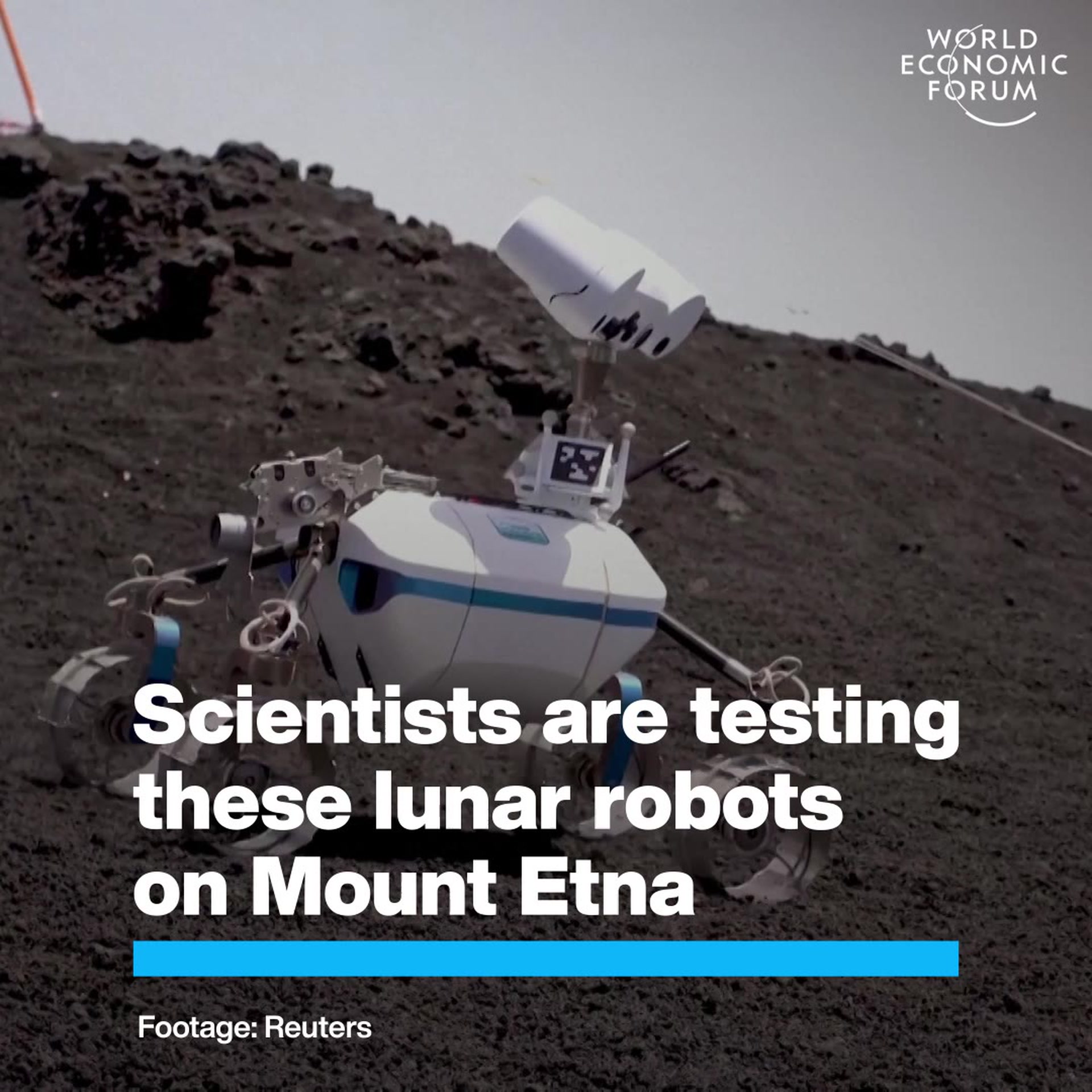
The Fourth Industrial Revolution represents a fundamental change in the way we live, work and relate to one another. It is a new chapter in human development, enabled by extraordinary technology advances commensurate with those of the first, second and third industrial revolutions. These advances are merging the physical, digital and biological worlds in ways that create both huge promise and potential peril. The speed, breadth and depth of this revolution is forcing us to rethink how countries develop, how organisations create value and even what it means to be human. The Fourth Industrial Revolution is about more than just technology-driven change; it is an opportunity to help everyone, including leaders, policy-makers and people from all income groups and nations, to harness converging technologies in order to create an inclusive, human-centred future. The real opportunity is to look beyond technology, and find ways to give the greatest number of people the ability to positively impact their families, organisations and communities.

What's 'modern data' and how can it be used to help vulnerable people?
How modern data can have a positive impact on everything from people's livelihoods to the environment.

Strategic Intelligence Outlook 2022: navigating complexity and interconnected systems
The Strategic Intelligence Outlook 2022 provided an assessment of critical global issues for 2023 and built foresight capabilities for digital members.

What do China’s data export regulations mean for its trade competitiveness?
China should consider how its cross-border data transfer rules could threaten its status as a global leader in both manufacturing and the digital economy.

How game-changing tech is transforming cancer care in India
India launches its innovative FIRST Cancer Care initiative, which harnesses Fourth Industrial Revolution Technologies to address its rising cancer rates.

From dinosaur footprints to US-EU data: The latest in artificial intelligence
Top AI stories: Biden implements US-EU data sharing framework; Why AI will never rule the world; Creative AI; AI solves dinosaur footprint question.

These 4 innovators are space pioneers
The commercialization of space is growing rapidly. New innovations include planned tourist trips to the edge of space and the world’s first 3D-printed rockets.

Biotech can revolutionize healthcare. Here's how to unlock its potential
Biotech and its applications are rapidly evolving. Businesses, governments, and experts need to work together to realize its full potential in healthcare.

Here's how automation and job creation can go hand in hand
We are often told that millions of jobs will be lost to automation in the coming years, but the real impact depends on how we manage the transition.

Former NASA CTO on how to think ‘mission first’ and what's next for a free space economy
Chris Kemp - the space tech CEO and former NASA CTO - will explain what's needed to build a free space economy and what mindsets innovators will need for focus and success.

Lunar Robots Tested On Mount Etna

How AI Is Changing The World Of Sport
